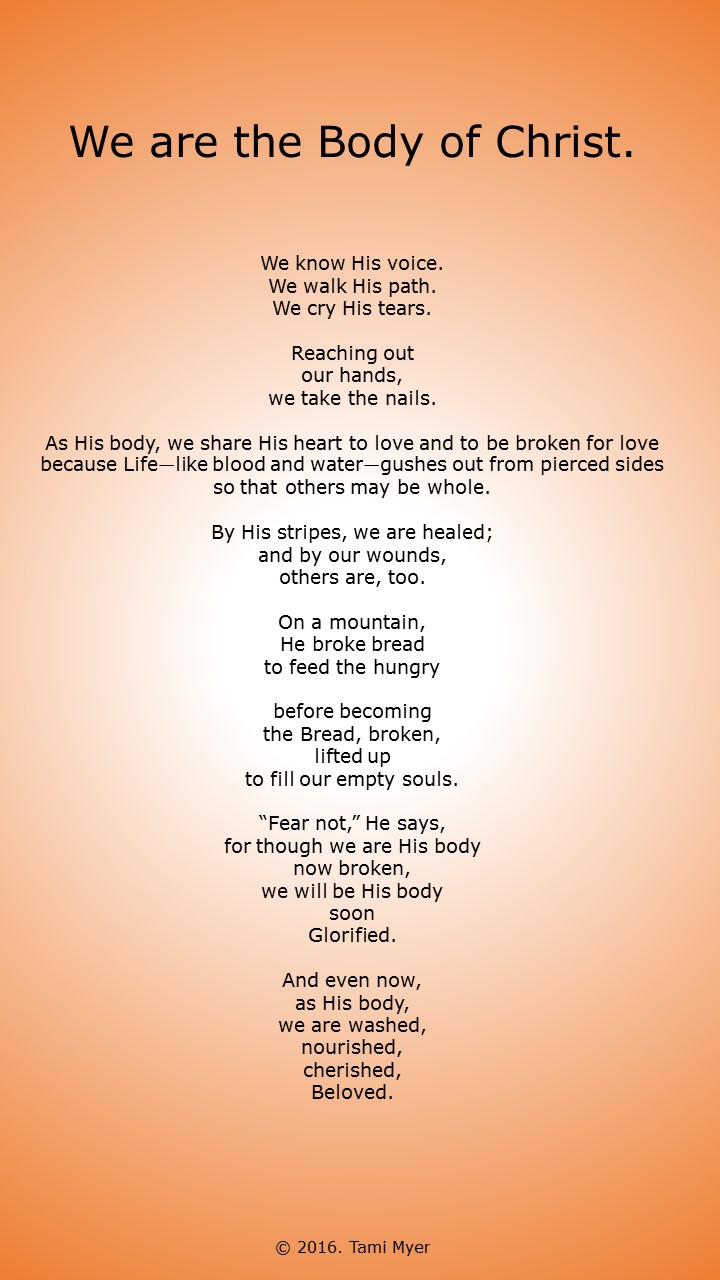As we observe Passover this week, much of the world is sheltered in their homes, trying to stay safe until this deadly virus will PASS OVER. It reminds us that Christ-followers are sheltered in Jesus Christ, safely protected as spiritual death (separation from God) will PASS OVER us.
How thankful we are for Jesus! Not only did He die for us, but He was resurrected to life again. If we accept the death of Christ on our behalf, then we can receive from Him the forever Life that He offers to us. We have much to celebrate!

It has been a rich blessing in my family to celebrate Passover and Resurrection Sunday each year. I hope that you will enjoy this special joy, too!

If you have children in your home, be sure to make Resurrection Cookies! My daughter Valorie explains how to do that in this short video. Each step in the recipe teaches something about the Easter story.
Below are some simple ways to celebrate Passover with preschoolers, children, or adults. (Much of this material comes from Simple Celebrations.) Also, at the end of this post, you will find short meditations to strengthen your marriage (or other relationships) each day of Holy Week.
Celebrating Passover
What it is:
Passover is a rich, multilayered celebration. On the first Passover, the blood from a flawless lamb protected God’s people from death.

Fifteen hundred years later, the symbols of the Passover supper became reality as the flawless Lamb of God, Jesus Christ, shed His blood on a cross to rescue us from spiritual death . And today, every follower of Christ can experience a personal Passover, as we are rescued from spiritual slavery to enjoy friendship with God.
Passover celebrates the fact that spiritual death passes over us, not touching us, as we commit to following Christ as Lord.
How to prepare:
- Set a festive, colorful table. You may want to include two long taper candles.
- Set a glass of grape juice at each place.
- Place the following on each plate:
- a parsley stalk
- a piece of onion, or a bite of horseradish
- a small serving of haroset (Combine applesauce, walnuts, and cinnamon—or use chunky applesauce, if your group has a nut allergy. The idea is create something that resembles mortar and that reminds us of the bricks which the Hebrew slaves were ordered to make.)
- a small bowl of salt water (It is not necessary for each person to have a bowl if people can share.)
- a piece of matzoh or a plain cracker
- a bite of cooked lamb
- If you are using a Haggadah (a program) with your group, make a copy for each person, and put a copy at each place. Click here for a PDF of a Christian Passover program.
You will need someone to be the leader, who will read most of the program. You may assign the shorter sections to others in your group–however you like. There are 23 reading sections. (Blank lines are provided so that you can write in the reader’s name at each numbered section.) The leader reads each section that is not otherwise assigned.
How to celebrate with preschoolers:
I like to begin by saying this: “I know that you have eaten a meal before. And I know that you have listened to a story before. But today, we are going to EAT A STORY!”
In a way appropriate for your children, tell the story of the Exodus. When you talk about making bricks, eat the haroset, which reminds us of the mortar used in building.
As you tell about the suffering of the slaves, dip the parsley into the salt water, and then have the children taste or eat it. Explain that this reminds us of tears because the Hebrew people were very sad.

Have the children eat (or simply smell) the green onion, explaining that this, too, reminds us that the Hebrew slaves were sad because of the cruel things that Pharaoh did to them. Explain that we also are sad if we don’t know God and if we don’t know that He loves us.
Explain that God sent Moses to rescue the Hebrew slaves. Moses told the people what to do, and God helped them to escape from Pharaoh.
Let the children taste the lamb. Explain that everyone who belonged to God had a Passover lamb, and God took good care of everyone with a Passover lamb because they were His people. We belong to God, and we have a Passover Lamb, too, because Jesus is like a Passover Lamb for us. God takes good care of us because we belong to Him.
Show the children the “flat bread,” the matzoh. Explain that when God rescued the Hebrew slaves, they had to leave Egypt so quickly that they could not wait for their bread to rise. They had to eat flat bread. As the children eat the matzoh, express gratitude to God for helping us because He loves us.

Explain that grape juice reminds us that God loves us so much that He would die for us! Say, “This juice is red (or purple), just like a valentine. This juice is like a valentine from God because it reminds us that God loves us very much.”
Conclude with a short prayer, thanking God that He loves us very much, that we can belong to Him, and that He helps us because He loves us.
How to celebrate with children:
Here is a new script that works well with children. It takes 20-30 minutes, but it can easily be adapted for a shorter celebration, too.
Celebrating Easter
In Marriage
As we reflect on the Scriptures concerning the death and resurrection of Christ, we can learn valuable truths for our marriages. Here are daily devotions with practical applications for each day of Holy Week:
One more resource for your marriage: “The Power of a Torn Veil.” Jesus Christ invites us into a new covenant, a relationship based on giving instead of earning. In our marriages, it is easy to revert to old-covenant thinking (“you owe me!”), but it is healing and life-giving to fill our marriages with the grace of new-covenant thinking.
Joyous celebrations to you!
Tami



































